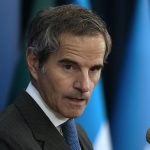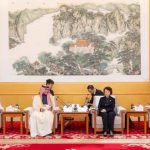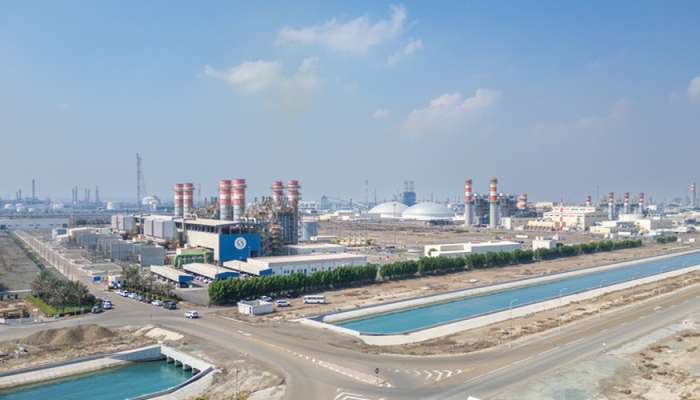Oman’s public revenue reached OMR9.19 billion by the end of the third quarter of 2024, showing a 4% increase from the same period in 2023. This growth was primarily driven by higher net oil revenue, which reached OMR5,436 million, reflecting an increase of 12% compared to 2023. The average realized oil price was $83 per barrel, with oil production averaging 999,000 barrels per day, showcasing the efficient oil revenue collection and cash flow management methodology of Energy Development Oman (EDO). However, net gas revenue decreased by 15% to OMR1,345 million, attributed to the change in the gas revenue collection methodology.
Current revenue for Q3 2024 amounted to OMR2,399 million, showing a decrease of OMR55 million from the same period in 2023. On the other hand, public spending in Q3 2024 totaled OMR8,722 million, an increase of OMR627 million compared to 2023. Current expenditure in Q3 2024 reached OMR6,152 million, a slight decrease from the previous year. Development expenditure of civil ministries and units amounted to OMR840 million, representing 93% of the total development spending allocated for 2024. Moreover, total contributions and other expenses in Q3 2024 reached OMR1,731 million, showing a 45% increase from 2023, primarily due to the implementation of the social protection system.
The Ministry of Finance paid over OMR916 million to the private sector by the end of Q3 2024, as reflected in payment vouchers processed through the e-financial system. Additionally, public debt was reduced to OMR14.4 billion in Q3 2024, down from OMR15.7 billion in the same period of 2023. The decrease in public debt signifies the government’s efforts to manage its financial obligations efficiently. Overall, Oman’s fiscal performance in Q3 2024 demonstrates a balance between revenue generation and expenditure management, with a focus on priority sectors such as social protection, electricity subsidies, and future debt obligations.
In conclusion, Oman’s public revenue in Q3 2024 showed positive growth driven by higher net oil revenue, despite a decrease in net gas revenue. The government’s focus on efficient cash flow management and revenue collection methods, particularly in the oil sector, contributed to the overall increase in public revenue. Additionally, the implementation of the social protection system and subsidies for essential services played a key role in the increase in total contributions and other expenses. Moving forward, Oman’s ability to maintain a balance between revenue generation and expenditure management will be essential for sustaining its fiscal performance and achieving long-term financial stability.











